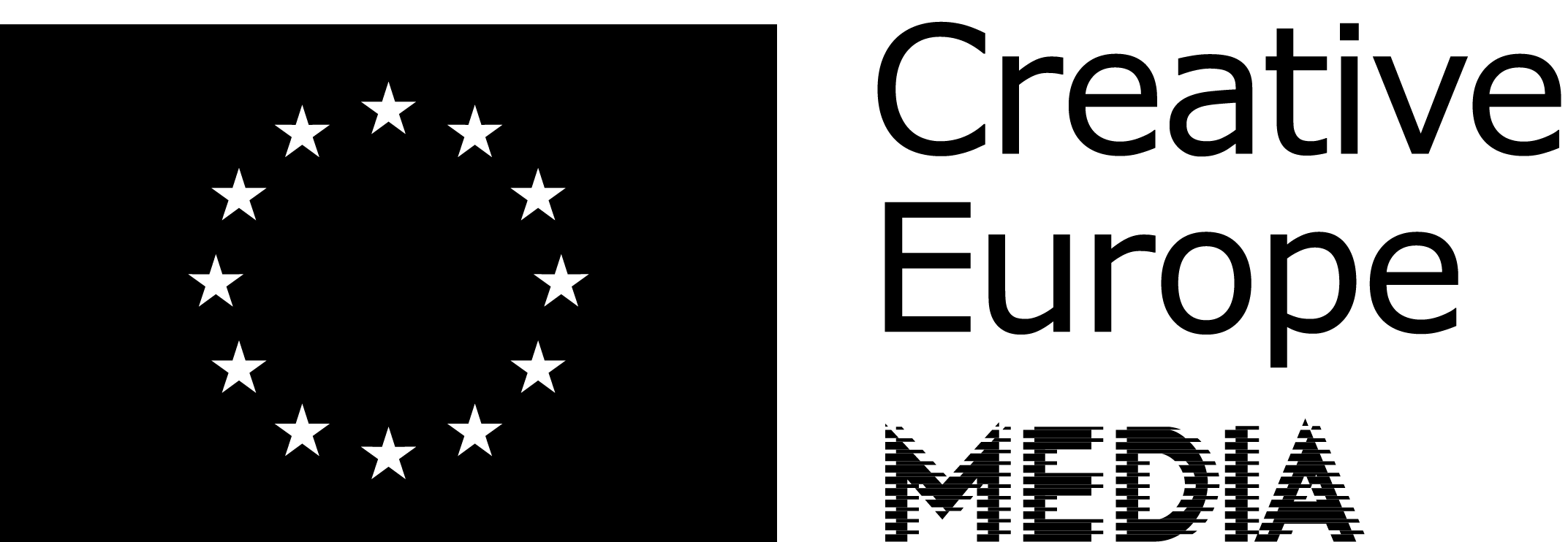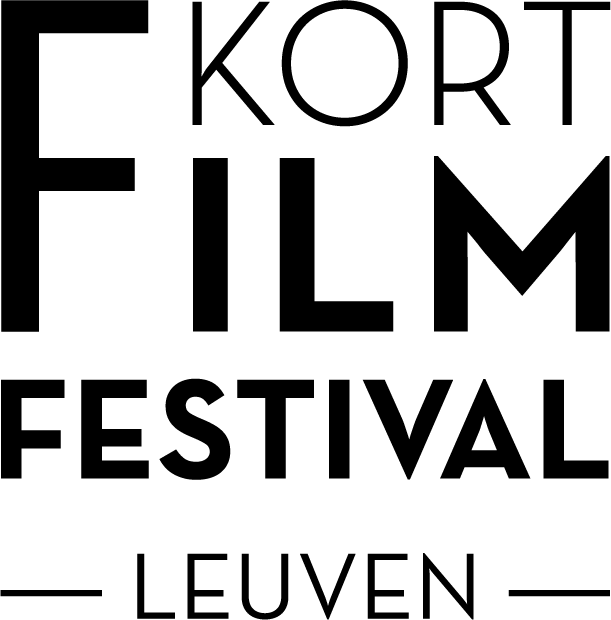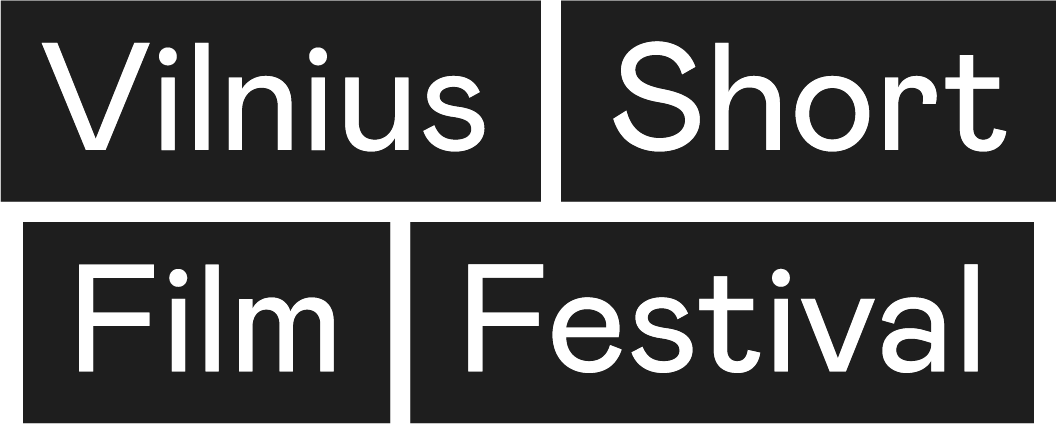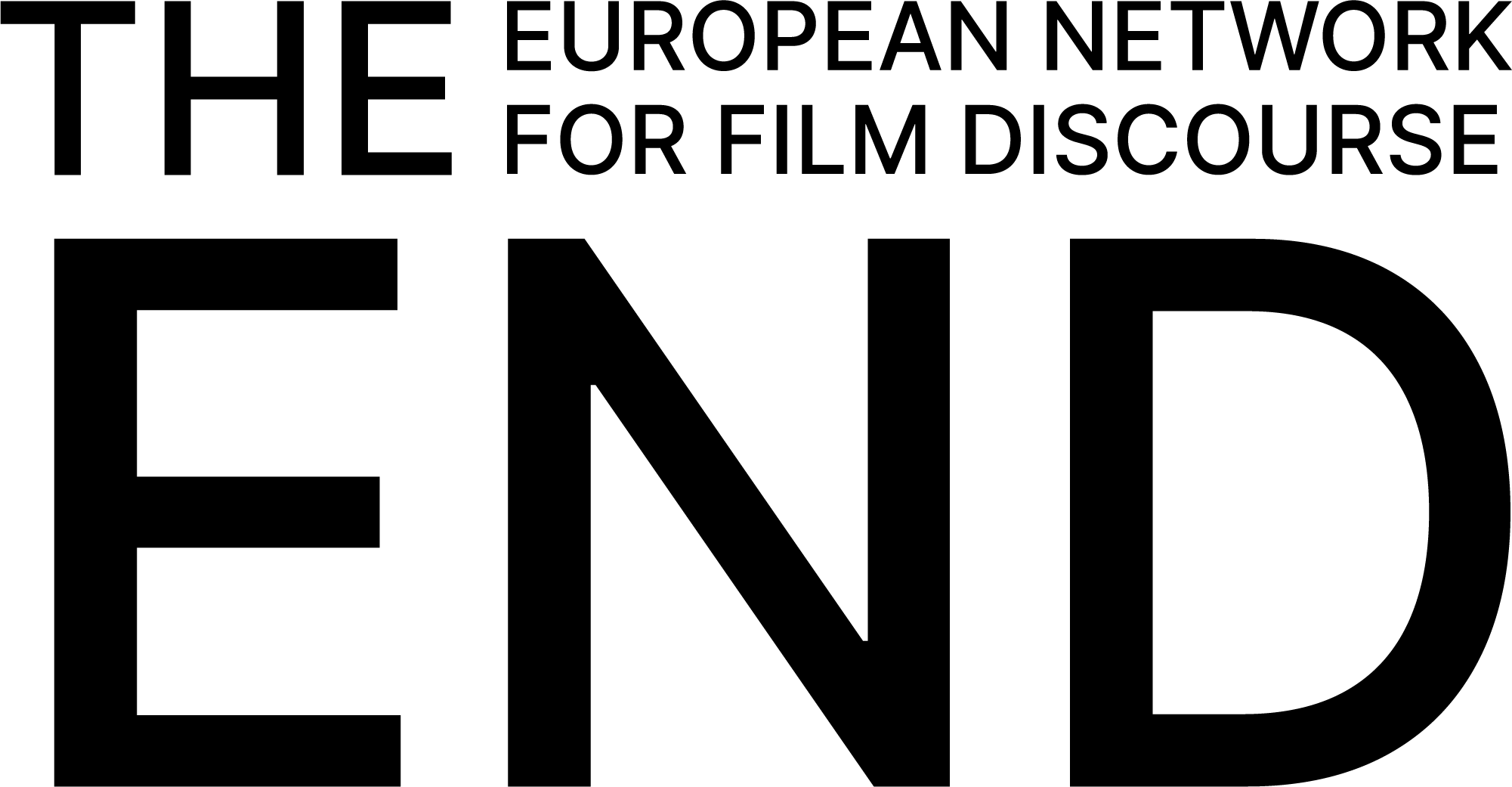Loosely Based On…
The Malleable Boundaries of Adaptation
Marina Zigneli ponders over the elusive concept of film adaptation, unglueing its intricate layers through different forms of storytelling found in the short film format.
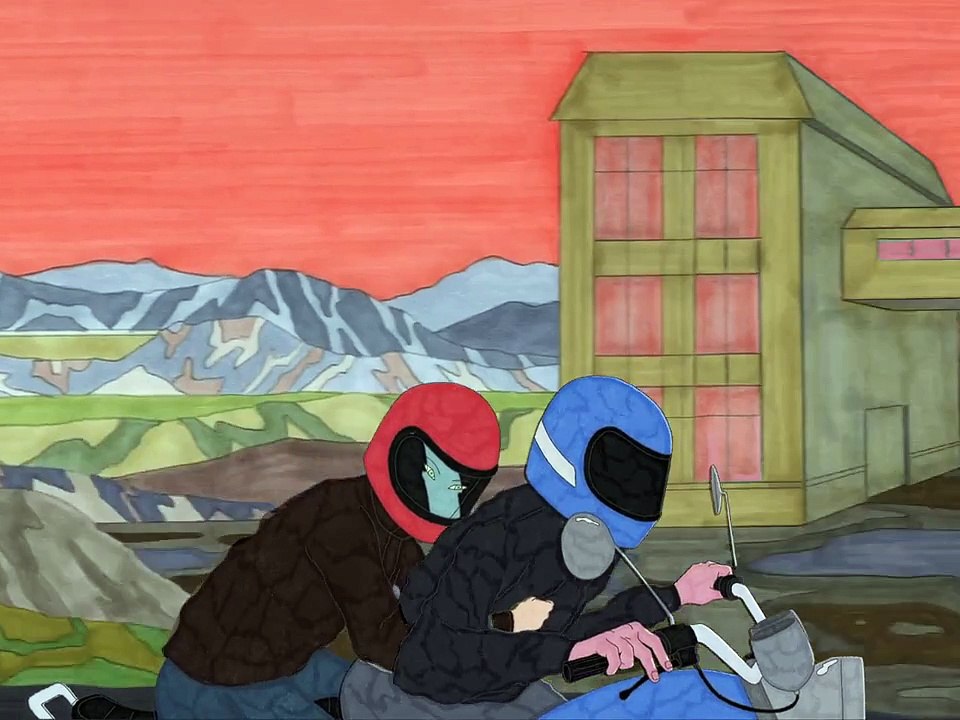
The year is 2025 and the boundaries between original and adapted screenplays get blurrier by the day. Is it because filmmakers find their stories in the most unpredictable of places or because any consensus over what qualifies as a film adaptation and what doesn’t is simply unattainable? By now, this might be a “chicken-or-the-egg” conundrum. Making a notable shift, last year’s most commercially successful film, Barbie, unexpectedly moved from the Original Screenplay to the Adapted Screenplay Oscar category. Meanwhile, Martin Scorsese’s Killers of the Flower Moon was treated not only as a book adaptation but also as a contemporary rendition of Macbeth. Hence, the above question does not necessitate a definitive answer, but it rather invites a pluralistic approach to rethink how filmmakers today deal with their original sources.
Similarly, I found myself pondering over the elusive concept of a film adaptation while watching the International Competition programme at Vilnius Short Film Festival back in January 2024. At the heart of the selection and its six diverse strands, I discovered a strong connection that persisted; one that was forged by the way the films draw from other sources and manipulate the “original” material behind them.
Yann Gonzalez’s Hideous, shown as part of the “Bodily Functions” programme, was probably the first one that piqued my interest, partly as an effortlessly dazzling retelling of—as stated in the film—the Beauty and the Beast tale. A horror musical destined to accompany English musician Oliver Sim’s debut album Hideous Bastard, the film delves deeply into the artist’s inner thoughts and experiences. Even more, the film employs that infamous fairytale and, particularly, the representation of the “Beast” as a façade to talk about growing up with HIV and striving for acceptance within the queer community. Similar to the Beast, the film’s Monster grapples with societal expectations and mockery on its way to self-assertion. And yet, as the story progresses, this same Monster emerges as more than just a hideous character; it becomes Sim’s way to reclaim his own story and identity. By recuperating the label of the monster—a term historically used to dehumanise and ostracise individuals, including those living with HIV—the film builds a powerful allegory for the struggles faced by queer individuals.
A sort of literary source can also be found behind Lucas Malbrun’s Margarethe 89, where the titular protagonist’s name and story allude to Gretchen (short for Margarete), in J. W. von Goethe’s 1832 tragedy Faust. Malbrun here opts to animate the story of a young punk woman in East Germany who is (wrongfully) confined to a psychiatric ward because of her opposition to the regime. Just like Gretchen in Faust, Margarethe falls for a man who prefers to make a deal with his worst enemy, instead of taking any risks to save her life. Whereas in Hideous both the iconography and the film’s intertitles clearly reference its source material, Margarethe 89 transcends spatial, temporal, and medium-specific boundaries. Since the two female characters, Margarethe in the short and Gretchen in the play, share little beyond a name and a narrative arc, the film actively invites its viewers to ascertain whether the film qualifies as an adaptation or not. Nevertheless, both narratives, irrespective of their profound differences, serve as poignant reflections on the historical and ubiquitous mistreatment of women. From the constraints imposed by patriarchal regimes to the societal expectations that dictate their fates, the stories of Margarethe and Gretchen depict a larger framework of women’s subjugation, as well as the need to address the entrenched power dynamics perpetuating their oppression.
By now, it’s already clear that adaptation standards can be fairly loose. This becomes even more apparent when filmmakers opt not to adapt literary or other artistic works, but instead draw from their personal experiences. It seems like anything can be some kind of adaptation, and perhaps I’m not the first to suggest it. In another example, directors Mauritz Brekke Solberg and Daniel Fure Schwarz toy with that same idea. Their film Offline follows a meeting between an advertising agency and their client—a prominent security company— who are deciding on the final edit of a new commercial. As the film’s opening indicates, real life was the inspiration, namely, the director’s own experiences in the advertising industry. This, in turn, contrasts with I Was Once Lost, a short by Emma Limon playing in the “Remind Me” programme. The latter also draws from a filmmaker’s real-life experiences, but does not overtly state so. Perhaps the sole indicator available is the one-sentence plot synopsis of the film that reads: “One night in 2008, my father, John, got lost in a Boston suburb.” Here, it is the emphasis on the first-person possessive pronoun that sets a more personal tone: a fiction film where the filmmaker assumes the role of the narrator to tell the story of her father.

Jill, Uncredited (Anthony Ing, 2022)
What emerges from the two examples is a sense of democratisation facilitated by the practice of adaptation, since there are no rigid rules dictating which stories should be the source material for films. Even though both approach adaptation in a similar manner, the atmosphere and the intent differ; Offline relies on reenactment to satirise a certain situation, whereas I Was Once Lost resembles a journal entry, something that the director needed to get off her chest. Often used for a variety of reasons, the short film format once again emerges as much more welcoming towards narratives of intimacy.
Sometimes, adaptation can be experimental, like in Saleh Kashefi’s And How Miserable is the Home of Evil. Positioned within the documentary genre, the film supposedly observes Ali Khamenei, Iran’s Supreme Leader, throughout the very last minutes of his life. Kashefi ingeniously incorporates real audio—sourced from the clips available on the dictator’s own website—into another video. By mixing the two, Kashefi crafts more than a mere adaptation of real-life historical events; rather, the film becomes an imaginative exploration, envisioning a highly anticipated scenario (the dictator’s death), instead of reworking something that has already happened. Curiously enough, just before the credits end, Kashefi lists a Persian rap song as his source of inspiration.
In a similar manner, Jill, Uncredited by Anthony Ing also toys with the multifaceted idea of what adaptation can be, in both form and content. Rather than fitting neatly into the conventional mold of adaptation, the film takes on more of a “collage” approach, presenting a narrative that is intricately woven together exclusively of the performances of one of the most prolific background actresses, Jill Goldston. This unique cinematic endeavour challenges the traditional notions of adaptation, offering an alternative avenue for storytelling beyond mere replication. Jill, Uncredited toes the line between documentary and experimental film, since it is Jill and her own performances that acquire new life. Moreover, they are brought forward anew thanks to such an intriguing format.
Yet again, adaptation stubbornly resists every attempt to define it and even spreads its tentacles into other film formats, such as the video essay. There is something to be said about the above two examples; these do not only rely on real-life characters, but also make use of pre-existing material in order to re-examine their stories with new eyes. An attempt at categorisation then proves futile, if we ultimately agonise over whether these are video essays, documentary formats, or adaptations. What we really need to ask ourselves is: what if they all inform each other?
What we’ve witnessed within Vilnius Short Film Festival’s international competition programme is—among other things—a wide range of films that unglue the intricate layers of adaptation. Rest assured that if we attempt to look further into the other programmes as well, it is highly possible that most films there, too, can be pinned down as adaptations in one way or another. Therefore, the festival itself—and perhaps every festival?—is a rich tapestry of cinematic representations, showcasing the diverse ways in which filmmakers draw inspiration, reshape narratives, and invent new ways of storytelling through the lens of adaptation. Far from casting doubt on the originality of those narratives, such programming invites us to reimagine our understanding of cinema itself. More than anything, it’s perhaps the right time to start envisioning a film mentalité, where adaptations won’t be the only loose thing to be observed and studied, but our whole perspective on filmmaking versatility will gradually—and hopefully—loosen up as well.
This text was developed during the European Workshop for Film Criticism #3—a tandem workshop set during Kortfilmfestival Leuven and Vilnius International Short Film Festival—and edited by tutor Savina Petkova.
The European Workshop for Film Criticism is a collaboration of the European Network for Film Discourse (The END) and Talking Shorts, with the support of the Creative Europe MEDIA programme.

